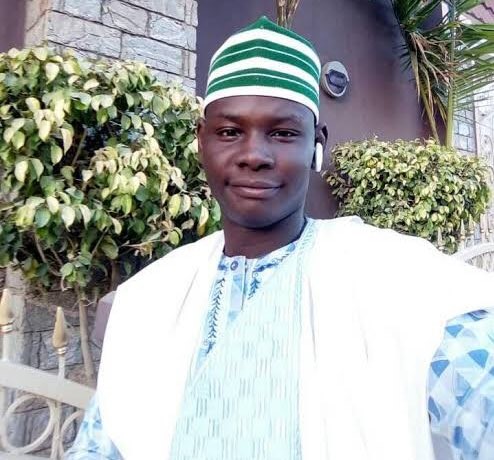
Sharif-Aminu from Kano was detained without bail in March 2020 after being charged with blasphemy for allegedly defaming Prophet Muhammad (PHUB) in two WhatsApp audio conversations.
A mob set fire to his home while he was in custody.
He was found guilty of breaking section 382(b) of the Kano State Sharia Penal Code Law without the benefit of a lawyer during his trial and was sentenced to death by hanging in August 2020.
Sharif-Aminu’s conviction was reversed by a different court, but a retrial was mandated, where he would probably be sentenced to death.
On the grounds that 382(b) is unconstitutional and in breach of international law, particularly the African Charter, he is currently appealing his case before the Supreme Court of Nigeria.
The teenage singer was sentenced to three years in prison for his “peaceful and brief remarks that merely expressed his religious beliefs,” according to a statement signed by Unchained Vibes Africa and various Nigerian, African, and international organisations.
The group claimed that the Nigerian Constitution as well as the African Charter, which both safeguard freedom of expression and freedom of religion or belief and the International Covenant on Civil and Political Rights, were violated by Kano State’s blasphemy statute.
The statement read, “The African Charter and International Covenant on Civil and Political Rights also require that the death penalty be reserved only for the most serious crimes in those States that have not abolished the death penalty. In no sense can the mere posting of peaceful audio messages expressing one’s beliefs amount to a severe crime warranting death, or even any crime at all.
“International observers have condemned the continuing prosecution of Yahaya Sharif-Aminu and called for his release. On April 20 of this year, the European Parliament overwhelmingly called on Nigeria to immediately release Sharif-Aminu and found that Nigeria’s blasphemy laws “are in violation of its international human rights commitments, the African Charter and the Nigerian Constitution. Officials from the United Nations have similarly raised concerns over his prosecution and called for his release, as have the United Kingdom and the United States.
“Yahaya Sharif-Aminu should never have been arrested and imprisoned in the first instance. Instead, he has had to suffer mob violence and spend years in prison for simply and peacefully sharing his belief with others.
“A democracy cannot function when the most basic freedoms are not protected, and as the largest democracy in Africa, Nigeria’s example matters.”
Nigeria, the group said, can set a strong example of its willingness to protect the rights of its citizens through Buhari’s immediate release of the Kano singer.





